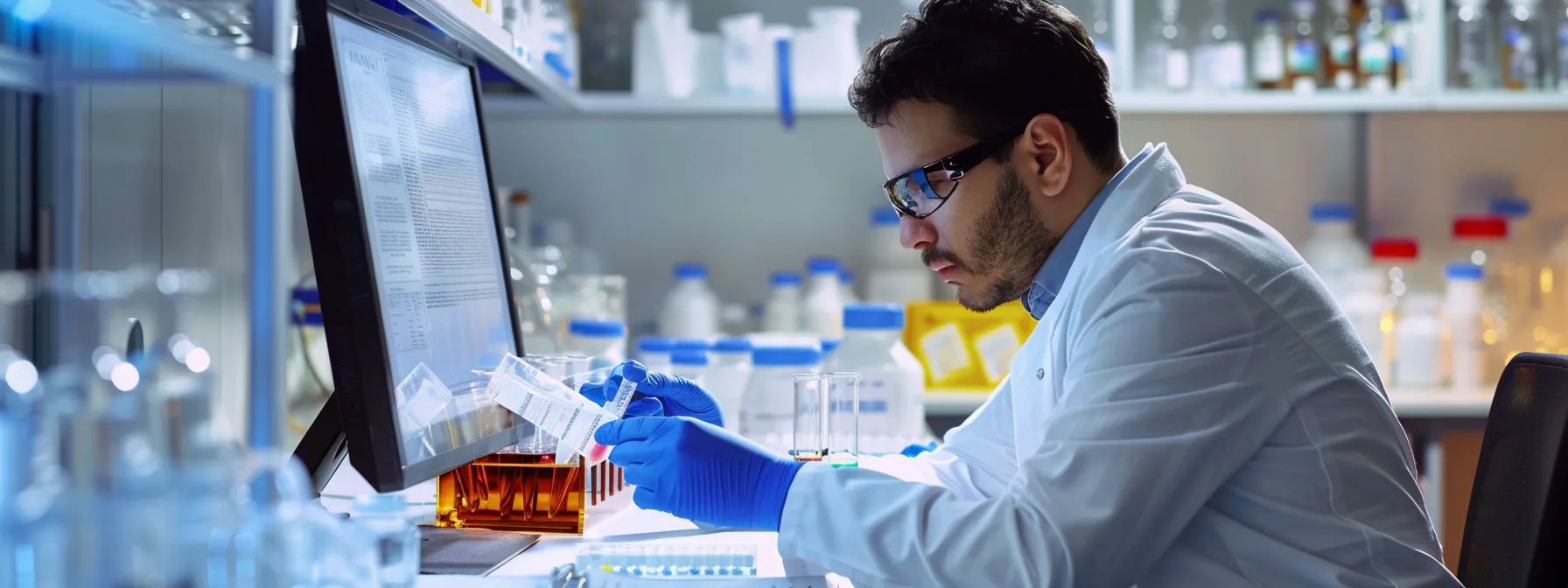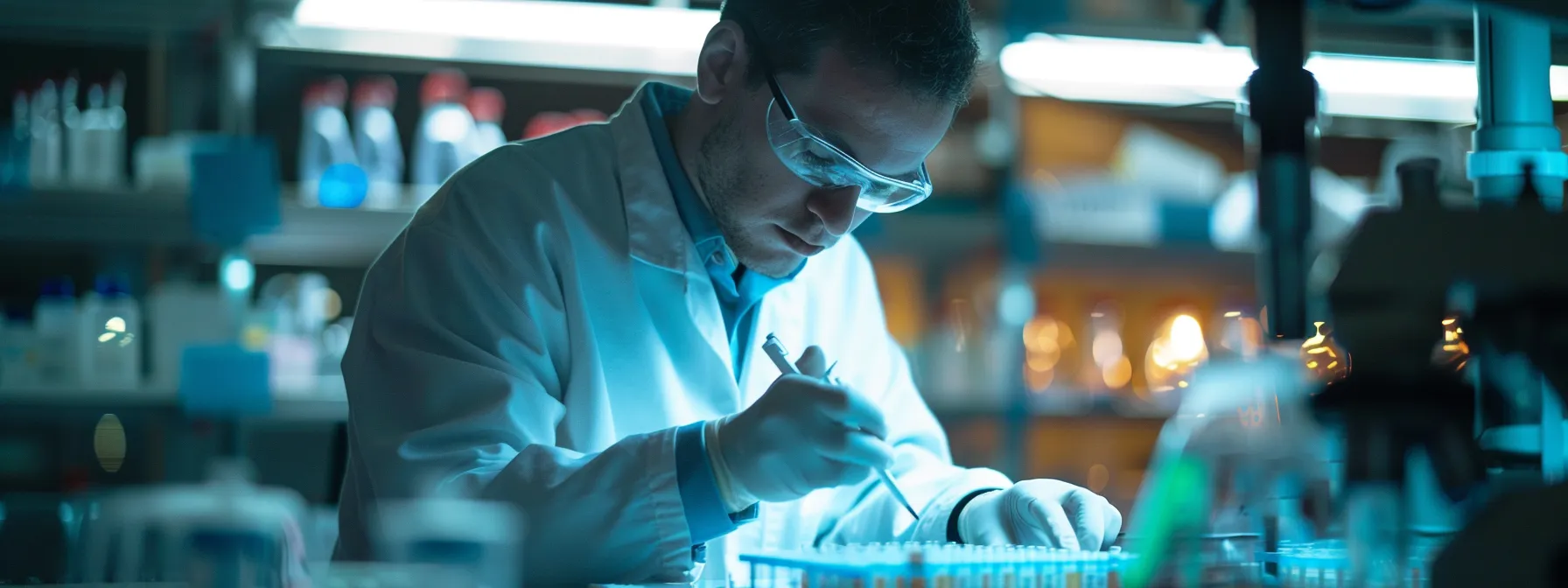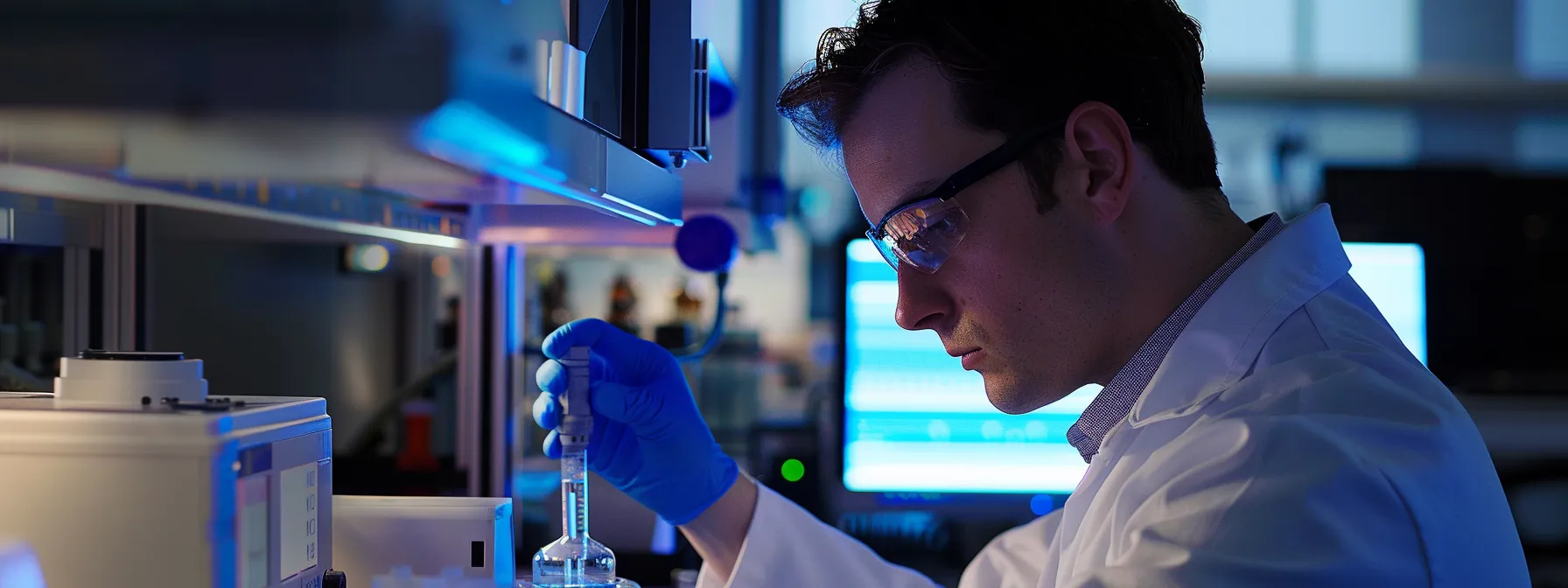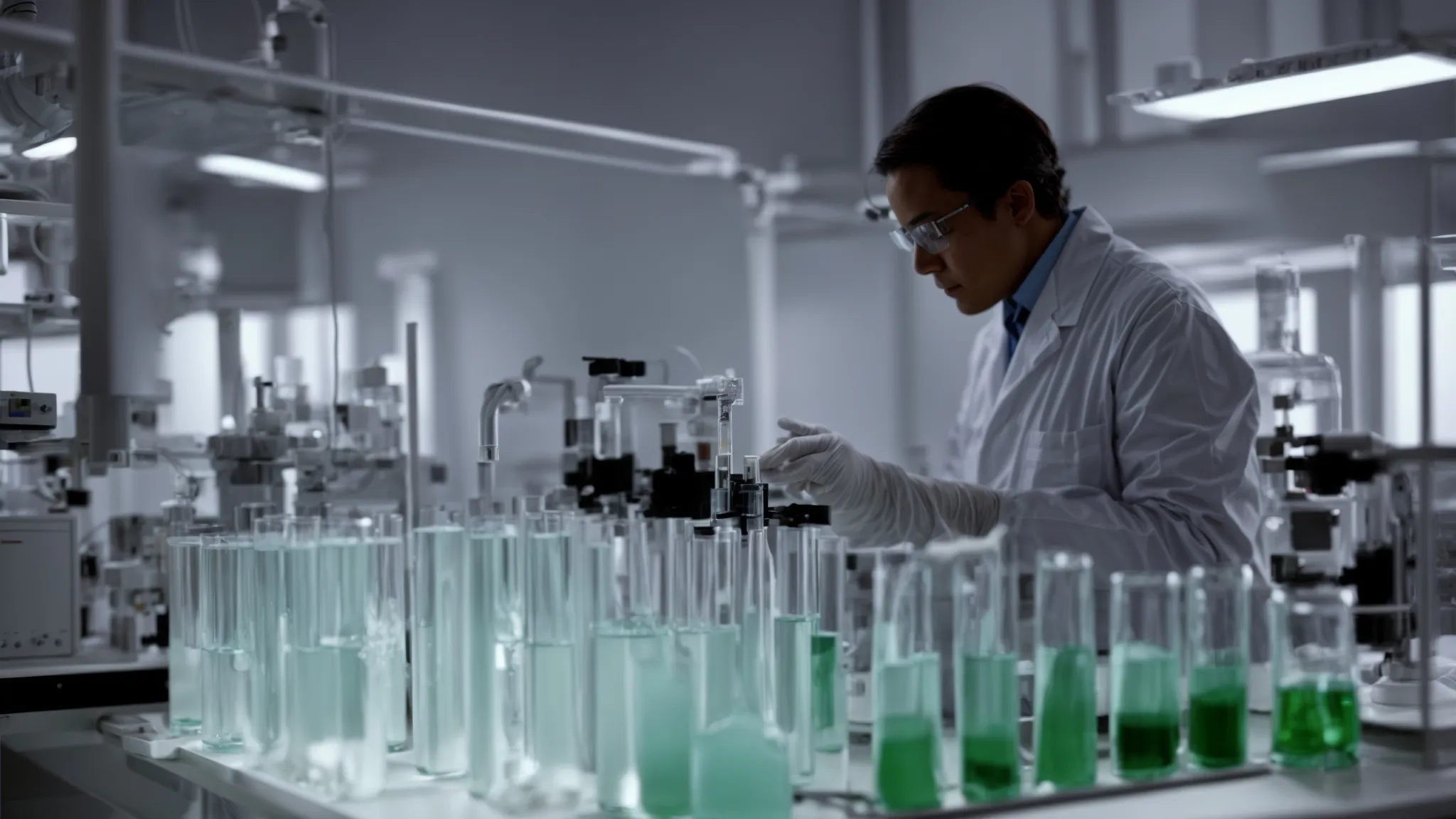Unlocking Precision: Sourcing High-Quality Peptides for Research Applications
Peptides have emerged as pivotal tools in the realm of biomedical research, serving as both therapeutic agents and molecular probes. The intricate role that peptides play in various biological processes necessitates an uncompromising standard of purity and quality for researchers worldwide. Ensuring the use of high-grade peptides is not only critical for the accuracy of experimental results but also for the validity of potential clinical advancements. In this article, we’ll delve into the nuances of peptide purity, custom synthesis, reliable sourcing, and must-know practices for the meticulous handling of these biomolecules. Keep reading to unlock the full potential of peptides in your research.
Identifying Reputable Suppliers for Research-Grade Peptides

Finding reputable suppliers is a decisive step in sourcing high-quality peptides for research purposes. The right provider not only offers peptides with the requisite purity but also ensures consistency across batches, both critical factors for reproducible results.
Reliable suppliers will be transparent about their synthesis and purification processes and provide detailed product specifications and certificates of analysis. These documents allow researchers to assess the quality control measures and confirm the identity and purity of the peptides they intend to purchase.
Reputable suppliers often support their clients’ research endeavors through customer service and technical expertise. You can view our peptide research products, which offer an extensive portfolio of peptides backed by scientific rigor and thorough documentation.
The Role of Custom Peptide Synthesis for Targeted Research Needs

Custom peptide synthesis is a powerful tool that enables researchers to tailor peptides to their specific research needs. By controlling the sequence, length, and modifications of peptides, scientists can investigate a multitude of biological phenomena with pinpoint accuracy.
The capacity to modify peptides by adding phosphorylation, methylation, or other post-translational modifications allows researchers to mimic or disrupt natural processes within cells. This fine-tuned approach facilitates a deeper understanding of protein interactions, enzyme activities, and signal transduction pathways.
Moreover, custom peptide synthesis provides a pathway for the development of novel therapeutic agents. Researchers can design peptides with enhanced stability, increased bioavailability, or targeted delivery mechanisms to improve clinical outcomes for a variety of diseases.
Advanced Techniques in Peptide Synthesis and Purification

The synthesis and purification of peptides have evolved significantly, with advanced techniques ensuring the high fidelity of peptides for research applications. Solid-phase peptide synthesis (SPPS) remains the predominant methodology, allowing for precise assembly of amino acid sequences while anchored to a solid resin.
Purification techniques, including reversed-phase HPLC and preparative chromatography, are employed to isolate peptides of the highest purity. These methods separate the desired peptides from impurities based on their physicochemical properties, yielding products with purities often exceeding 95%.
Moreover, innovative approaches like microwave-assisted peptide synthesis have expedited the peptide synthesis process and improved the quality of the final product. This approach enhances the coupling efficiency of amino acids, reducing synthesis time and yielding peptides with reduced impurities.
Ensuring the Integrity of Peptides in Storage and Handling
The proper storage and handling of peptides is paramount to maintaining their integrity for research purposes. Peptides are susceptible to degradation by light, temperature fluctuations, and moisture, which can compromise their stability and efficacy.
A crucial aspect of peptide handling is minimizing exposure to the air and moisture when reconstituting lyophilized peptides. Best practices include using inert gases like nitrogen or argon to displace air in vials and employing appropriate solvents that ensure peptide solubility without causing unwanted modifications.
Overall, the sourcing of high-quality peptides is an intricate process that plays a critical role in the advancement of scientific research. By understanding and prioritizing peptide purity, custom synthesis, reputable suppliers, advanced synthesis techniques, and correct storage and handling practices, researchers can achieve more precise and consistent experimental outcomes. The integrity and reliability of research-grade peptides are essential in driving innovation and discovery in the biomedical field.





